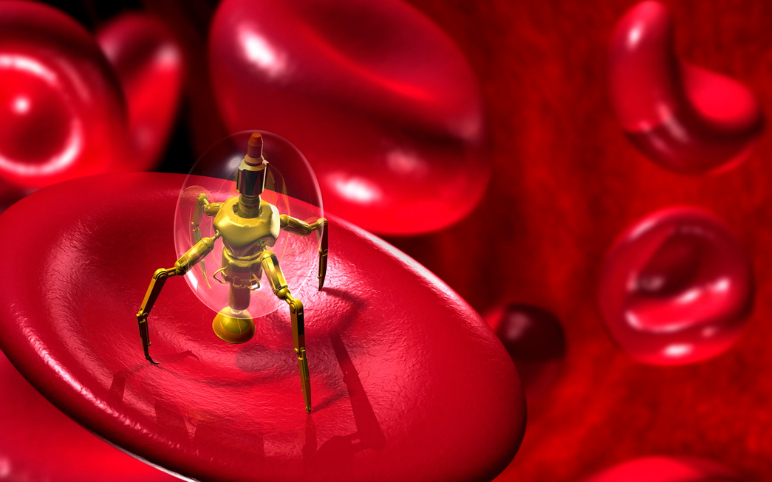GlaxoSmithKline taps Baltimore’s Insilico for AI-based drug discovery
GlaxoSmithKline and Insilico Medicine are partnering to explore how the latter’s artificial intelligence technology can aid in the drug discovery process. The duo kept mum on the details but said the agreement comes after Baltimore-based Insilico completed a series of pilot challenges. First, Glaxo will evaluate Insilico’s technology in the identification of novel biological targets and pathways of interest. Based at Johns Hopkins University’s Emerging Technology Centers, Insilico uses genomics, big data analysis and deep learning for in silico drug discovery, or drug discovery through computer modeling. The company has its own drug discovery programs in cancer, amyotrophic lateral sclerosis, and diabetes, as well as in age-related diseases such as sarcopenia, Parkinson’s disease, and Alzheimer’s disease.
VentureMed nets $15M for PAD catheter
VentureMed Group, which markets a catheter used in the treatment of peripheral artery disease, raised $15 million in a series B round. The funds will support ongoing and future clinical trials, as well as the company’s regulatory and reimbursement efforts for the device. The new funding will also bankroll VentureMed’s R&D programs and boost its global sales team. The Toledo, Ohio-based company’s Flex Scoring Catheters are used to prepare femoral popliteal arteries for PAD treatments, including the insertion of a drug-coated balloon, bare metal stents or drug-eluting stents. The device is CE marked and FDA-cleared. New investor Endeavour Vision led the round, and RiverVest Venture Partners, another new backer, also participated.
Zai Lab files for $115M Nasdaq IPO to take Tesaro, Bristol-Myers cancer drugs through late-phase trials
Zai Lab has filed to raise up to $115 million in a Nasdaq IPO. The biotech plans to use the money to hustle cancer drugs licensed from Bristol-Myers Squibb and Tesaro through late-phase trials in its home country of China. Since setting up shop in 2014, Zai Lab has quickly established a clinical-phase pipeline by striking deals for assets with GlaxoSmithKline, Sanofi, UCB, Bristol-Myers, Paratek Pharmaceuticals, and Tesaro. The drugs Zai Lab picked up from the latter three companies are among the most advanced in its pipeline—and are the focus of the planned post-IPO spending spree. Phase 3 trials of niraparib, the Tesaro PARP inhibitor the FDA approved earlier this year, in cancer of the ovaries, breasts, and lung will account for a sizable, as-yet-undisclosed slice of the IPO haul. The plan is to start a phase 3 ovarian cancer trial as a second-line maintenance therapy later this year, before moving into a first-line study in the first half of next year. Zai Lab is also aiming to kick off a phase 3 trial in gBRCA-positive breast cancer patients by the midpoint of next year.
James Mullen backs Vicarius’ $22M series A to equip ex-Biogen
James Mullen has teamed up with colleagues from his days leading Biogen to help U.S. biotechs bring drugs to market in Europe. The resulting startup has raised CHF 21 million ($22 million) to get off the ground—and plans to return for about 10 times that once its business gets up to speed. Vicarius Pharma will use the series A money (PDF) to begin building a business it sees providing biotechs with a better option for commercializing drugs in Europe. Led by ex-Biogen and Elan COO Hans Peter Hasler, Vicarius will use its own money to build European commercial subsidiaries for U.S. biotechs to manage everything from regulatory strategies to post-launch activities. After a certain point, the biotechs will take over the running of their subsidiaries.



